Can Diet and Exercise Lower Your Risk of Uterine Fibroids?


Uterine Fibroids: A Chronic Condition
Fibroids are growths of muscle inside or extending outside of the uterus. Living with uterine fibroids is different for each person, as symptoms can vary widely. Managing your symptoms could involve trial and error. There are no “hard and fast rules” for preventing or shrinking fibroids, said Stanford University fibroid specialist Deirdre Lum, MD. But some fitness and diet habits may help.
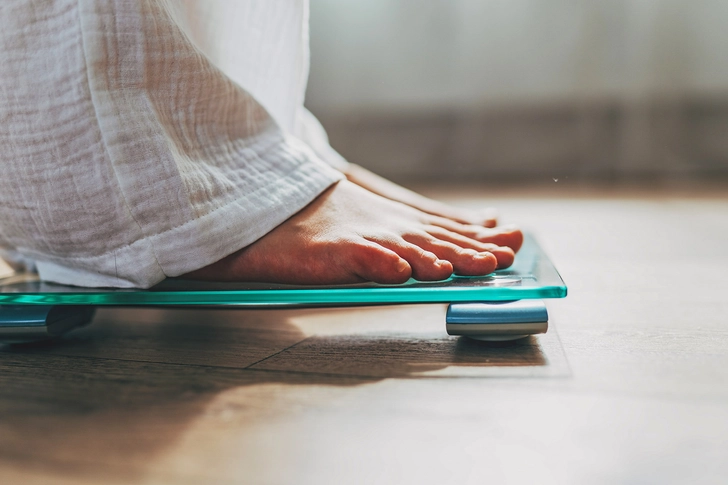
Fibroids and Obesity
Fibroids seem to thrive on estrogen, which is produced by fatty tissues. Maintaining a healthy body weight may help prevent fibroids from growing or appearing in the first place. "There are some studies indicating that people who are not obese have a lower risk of developing fibroids," said Michelle Louie, MD, a fibroid specialist at the Mayo Clinic.
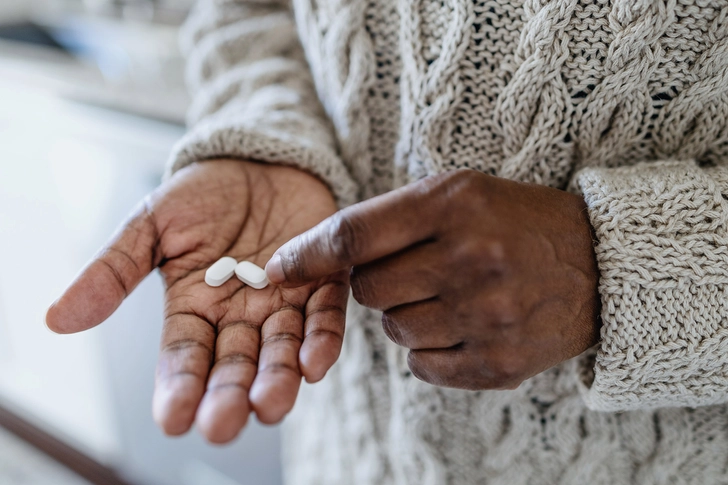
Blood Pressure Matters
As fibroids grow, they may cause your blood pressure to rise. Having untreated high blood pressure, especially in your 40s and early 50s, could further increase your risk for fibroids. The good news? If you have high blood pressure, taking medications – especially ACE inhibitors – seems to make fibroids less likely to grow.

Best Exercise for Fibroids
While there’s no evidence that exercise shrinks fibroids, staying active could help prevent their growth. “Any exercise is good exercise,” Louie says. “There's not one type of exercise that’s better than another for prevention or shrinkage.” She recommends 30 minutes of activity five times a week. Maintaining a healthy weight will reduce your risk for developing obesity, which is linked to fibroid growth.

Release Stress From Your Body
If you're stressed out, you may be at greater risk for developing fibroids. Stress from significant life events has been linked to fibroid growth and severity. Ongoing stress caused by structural racism may also contribute to increased fibroid risk among people of color. Practicing yoga, a proven stress fighter, could help you relax and prevent fibroids from growing. Meditation and mindfulness are also great for releasing stress.

Workouts With Large Fibroids
The worst exercise for fibroids depends on your symptoms. You might be able to stick to your usual routine. But heavy bleeding, bloating, and painful cramping could make it harder to get through a long run or a high-intensity workout. And if you have large fibroids, some movements might cause too much discomfort, Louie says. Symptom pain is not gain.
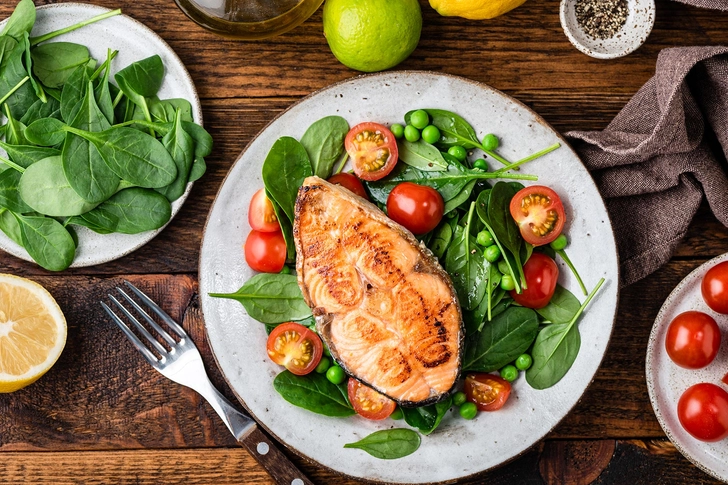
Go Mediterranean
Many patients have the same question: Can you shrink uterine fibroids with diet? “Unfortunately, there’s not a diet that would shrink existing fibroids, at least not that we’re aware of,” Louie says. She encourages patients to eat a Mediterranean-style diet rich in fresh fruits and green vegetables. It’s also been shown to increase fertility.
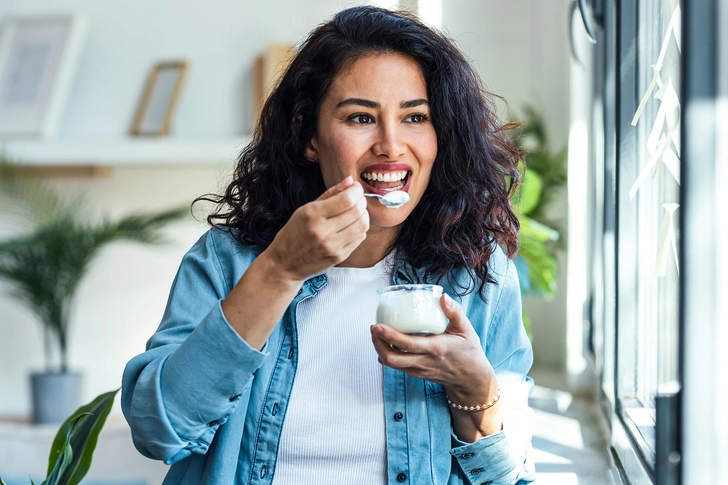
The Vitamin D Connection
Having a vitamin D deficiency could increase your risk of having fibroids. People of color have a greater risk of vitamin D deficiency and developing fibroids compared to white people. However, it’s not clear that taking a vitamin D supplement will prevent fibroids or shrink your existing fibroids, Louie says. Eating yogurt, a dairy food rich in vitamin D, may lower your chances of developing fibroids. On the other hand, high-fat dairy products have been linked to fibroid risk.
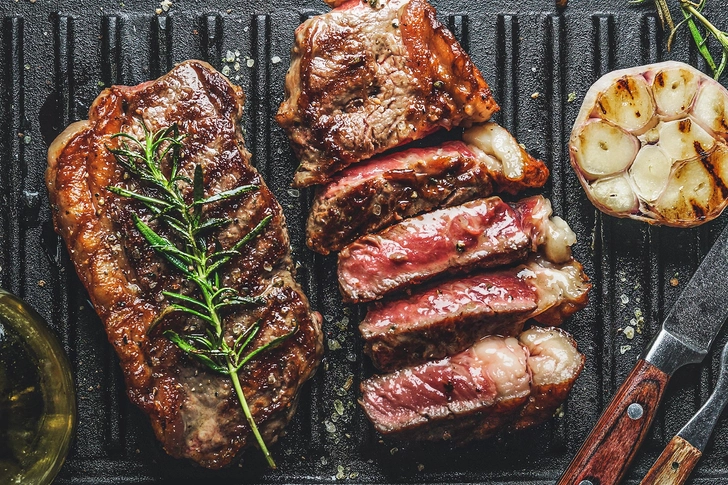
Foods to Limit
If your diet includes a substantial amount of red meat, you could have a higher risk for developing fibroids. The same goes for processed foods, which can be higher in phthalates, a toxin found in some packaging that may encourage fibroid growth.
That’s another reason why the Mediterranean diet, which emphasizes fresh foods and lean protein, may protect against fibroid growth.

Alcohol and Fibroids
Alcohol may increase your risk for developing fibroids, according to some research. The reason is unclear, but alcohol could disrupt your body’s hormonal balance, leading to fibroids. In general, the less alcohol you drink, the better for your overall health.
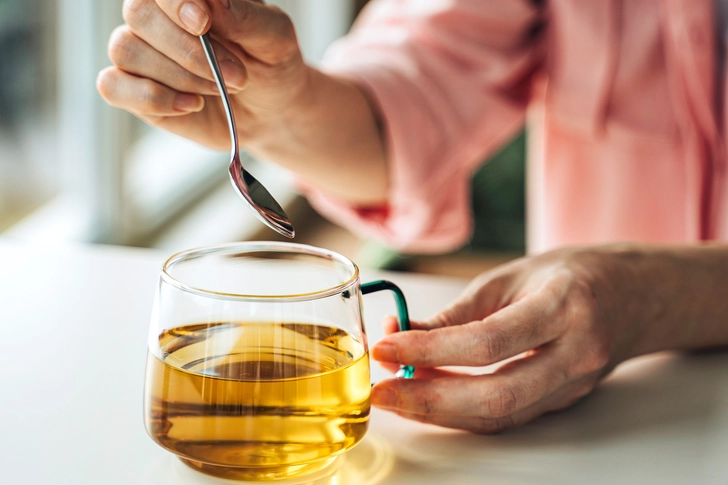
Herbal Benefits
Drinking decaf green tea could help prevent or shrink fibroids. Research in mice suggests that EGCG, an antioxidant in green tea, helps reduce the size of fibroids. However, more studies are needed to confirm the effects in humans.
IMAGES PROVIDED BY:
1) E+/Getty Images
2) Moment RF/Getty Images
3) Moment RF/Getty Images
4) DigitalVision/Getty Images
5) iStock/Getty Images
6) Moment RF/Getty Images
7) iStock/Getty Images
8) iStock/Getty Images
9) Moment RF/Getty Images
10) RooM/Getty Images
11) E+/Getty Images
SOURCES:
Michelle Y. Louie, MD, associate professor, Department of Medical and Surgical Gynecology, Mayo Clinic Arizona.
Deirdre A. Lum, clinical associate professor, obstetrics and gynecology, Stanford Health Care.
Mayo Clinic: "Uterine fibroids."
eMedicineHealth: "Does Weight Gain Increase Estrogen?"
Journal of the American Medical Association: "Hypertension, Cardiovascular Risk Factors, and Uterine Fibroid Diagnosis in Midlife.”
UC Davis: "Research suggests tie between hypertension and uterine fibroids.”
National Institutes of Health: "Science Update: Stress, microRNA linked to uterine fibroids, preliminary NIH-funded study suggests."
Women's Health Issues: "The Association between Self-Reported Major Life Events and the Presence of Uterine Fibroids."
Stanford: "How Yoga Affects the Brain and Body to Reduce Stress."
Nutrients: "Nutrition in Gynecological Diseases: Current Perspectives."
Medscape: "Vitamin D Deficiency and Related Disorders."
Frontiers in Genetics: "The association between vitamin D and uterine fibroids: A mendelian randomization study."
Human Reproduction: "Dairy and related nutrient intake and risk of uterine leiomyoma: a prospective cohort study."
American Journal of Epidemiology: "A prospective study of dairy intake and risk of uterine leiomyomata."
Reproductive Toxicology: "Associations of exposure to phthalates and environmental phenols with gynecological disorders."
Best Practice & Research Clinical Obstetrics & Gynaecology: "Empowering Strategies for Lifestyle Interventions, Diet Modifications, and Environmental Practices for Uterine Fibroid Prevention; Unveiling the LIFE UP Awareness."
Nutrients: "Empowering Strategies for Lifestyle Interventions, Diet Modifications, and Environmental Practices for Uterine Fibroid Prevention; Unveiling the LIFE UP Awareness."
National Institutes of Health: "The Basics: Defining How Much Alcohol is Too Much."
American Journal of Obstetrics and Gynecology: "Green tea extract inhibits proliferation of uterine leiomyoma cells in vitro and in nude mice."